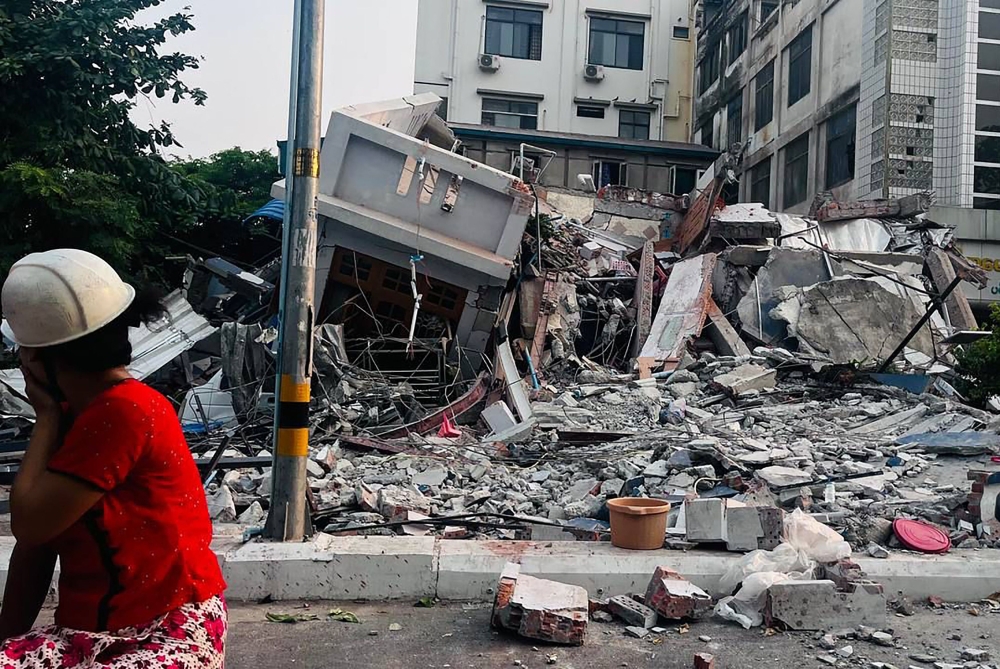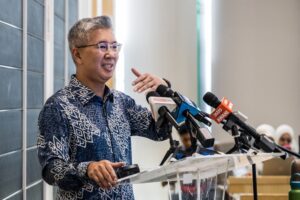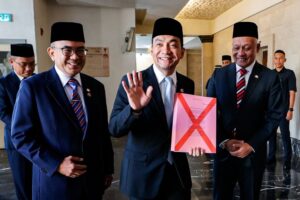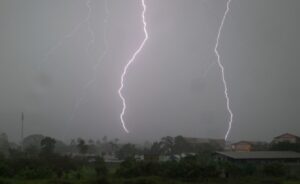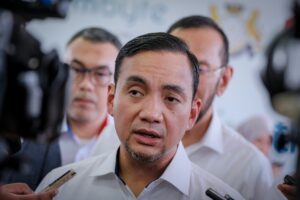KUALA LUMPUR, Sept 23 — The International Committee of the Red Cross (ICRC) has called on Asean member states to strengthen their preparedness and political commitment to international humanitarian law (IHL) as the region faces increasingly complex crises, including armed conflict, displacement, and natural disasters.
ICRC Regional Director for Asia-Pacific Régis Savioz said Myanmar remains one of the organisation’s most significant operations in Southeast Asia, with nearly 22 million people in need of humanitarian assistance even before the March 2025 earthquake.
“When you add an earthquake of that magnitude on top of a protracted armed conflict, the impact is devastating.
“Violence has spread since 2021, displacing families multiple times. Many lack permanent shelter and access to clean water, and are heading into the monsoon season with very limited resources,” he told Bernama on the sidelines of the first Southeast Asia Red Cross Red Crescent Humanitarian Forum on Monday.
Savioz said overlapping crises – conflict, economic fragility, and natural disasters – will continue to challenge the region’s humanitarian capacity unless stronger preventive measures and respect for IHL are prioritised.
“One of the key lessons from recent emergencies is the importance of building trust and relationships with governments and local actors before a crisis strikes. This enables faster, principled, and coordinated response when disaster hits,” he said.
He said the ICRC works closely with national societies across the region, engaging with the ASEAN Coordinating Centre for Humanitarian Assistance on Disaster Management (AHA Centre) to improve readiness and ensure that humanitarian access remains neutral and impartial.
Savioz also encouraged all states in Asia and the Pacific to join the Global Initiative to Galvanise Political Commitment to IHL, launched last year by ICRC President Mirjana Spoljaric together with Brazil, China, Jordan, South Africa, France, and Kazakhstan.
“If the rules of war were respected, the suffering we see today would not be inevitable. IHL does not prevent wars, but it prevents barbarity in war. Greater compliance will also reduce the overall cost of humanitarian response,” he said.
He added that Asean’s collective voice is critical to mobilising political commitment and setting standards for humanitarian action in the region and beyond.
“We are living in a decade defined by war, and preparedness is no longer optional. Asean countries need to be ready to respond to crises on a large scale, including scenarios where cyclones or floods strike conflict zones,” he said.
Savioz stressed that humanitarian diplomacy must be used to ensure safe and needs-based access to vulnerable populations and to create space for dialogue that can lead to peace.
“Our role as a neutral intermediary has proven effective, as exemplified by our facilitation of prisoner exchanges in Yemen. Similar approaches can be applied in Southeast Asia to open the first channels of dialogue,” he said.
He said strengthening Asean-ICRC collaboration will be key to ensuring civilians are protected and humanitarian action reaches those who need it most in an increasingly volatile regional environment. — Bernama
